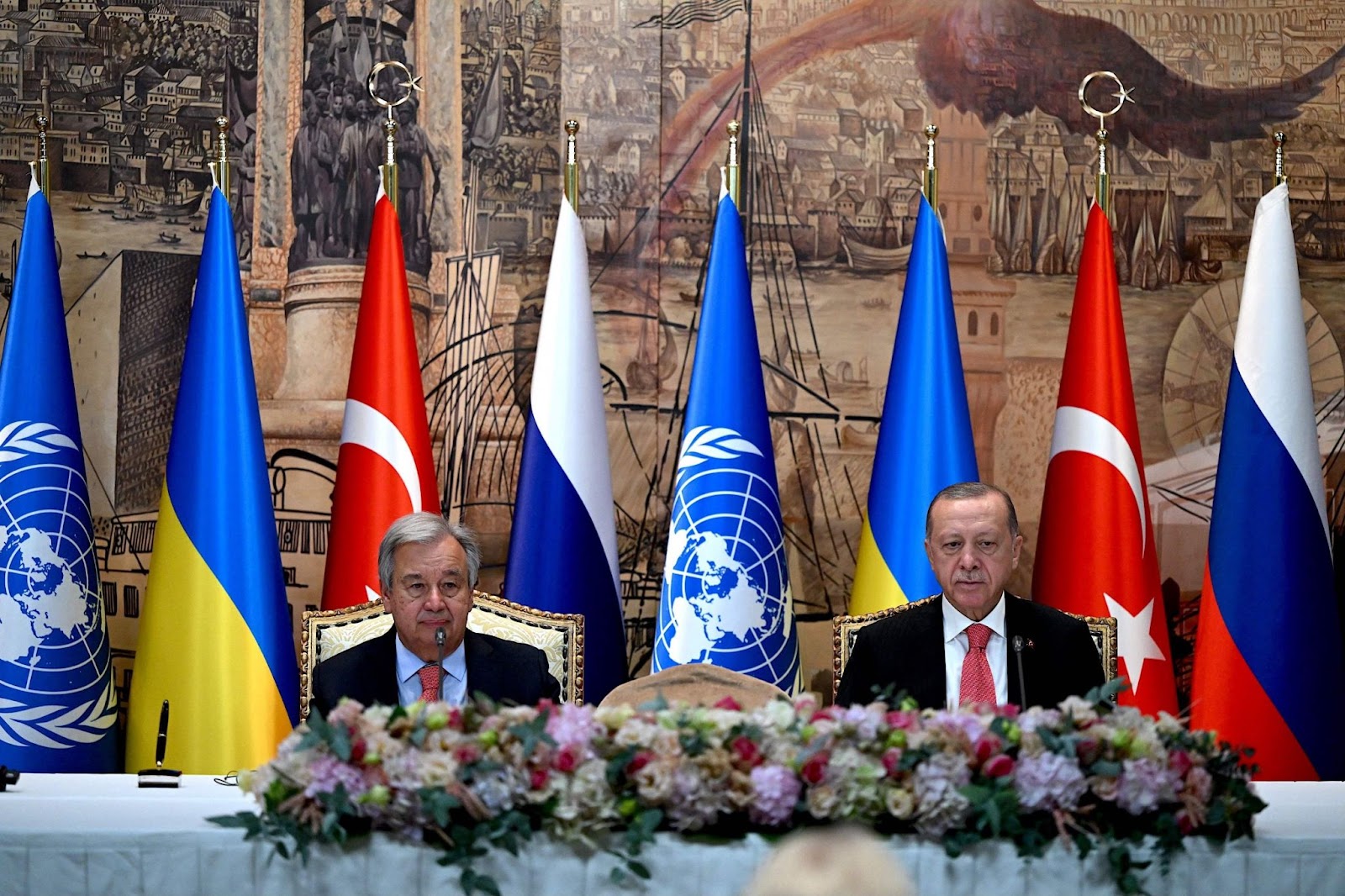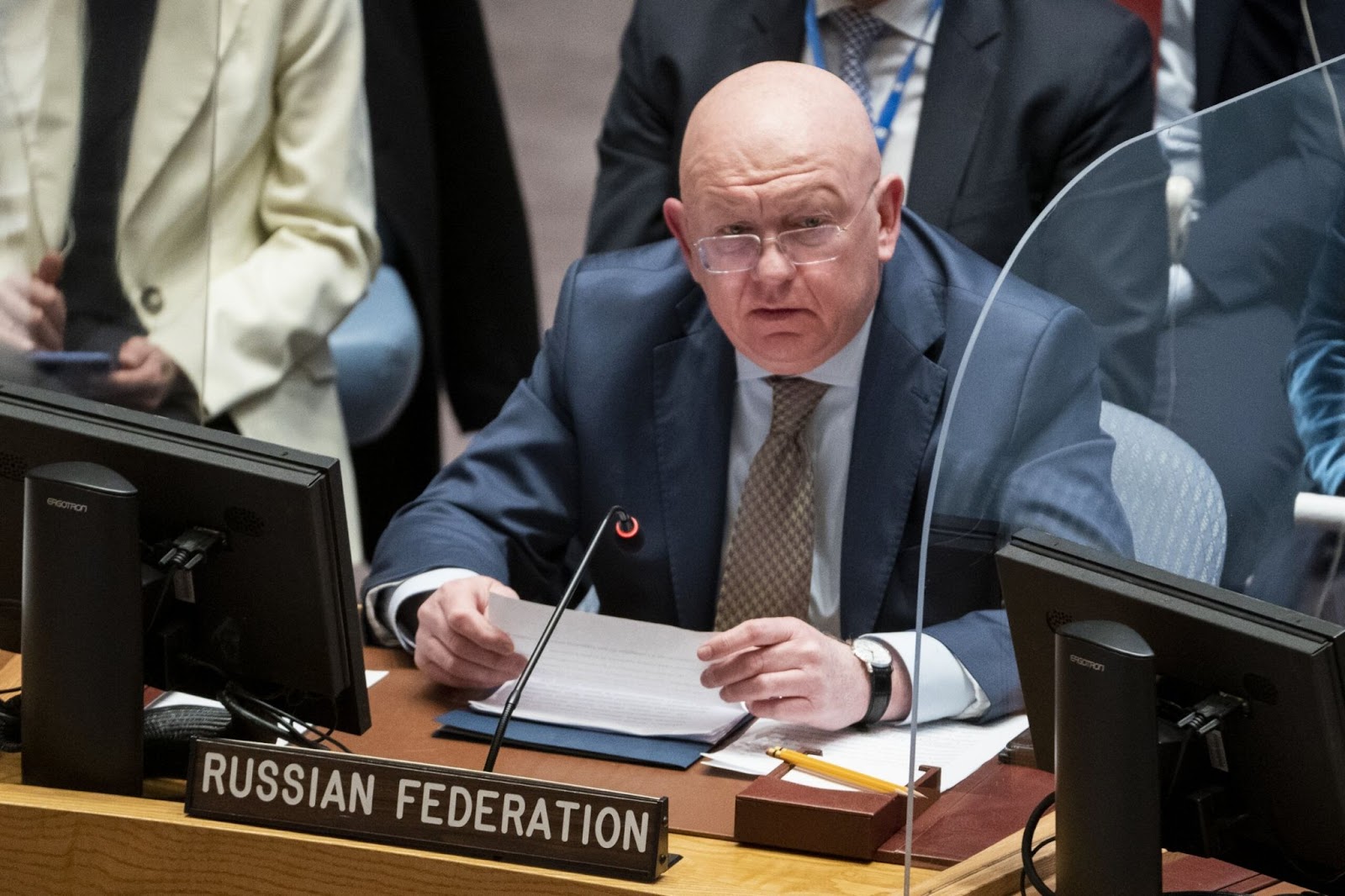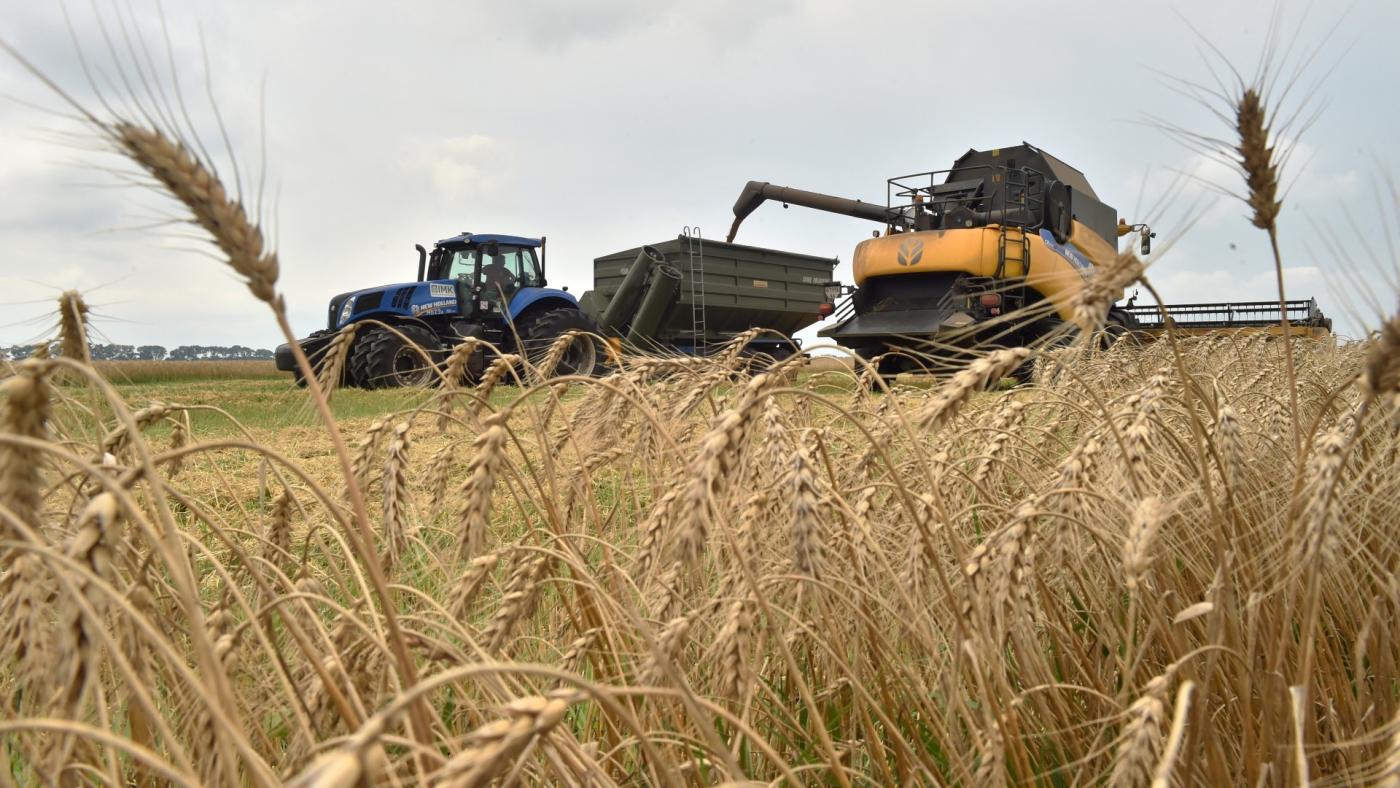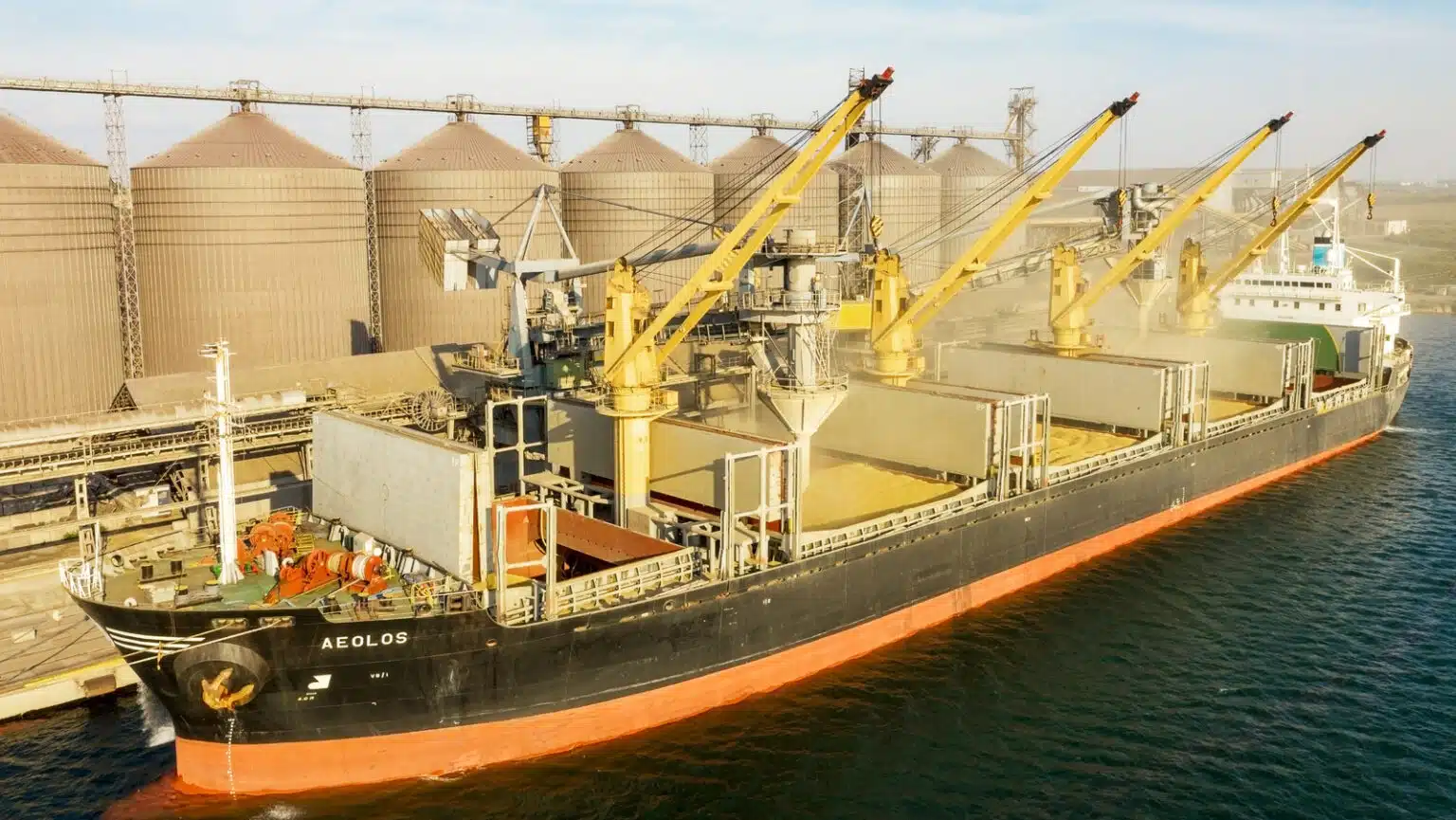The deal enables Ukraine, one of the world’s biggest grain exporters, to ship grain, fertiliser, and food products from three Black Sea ports using a maritime humanitarian corridor.
During the war, an unprecedented agreement allowed grain to travel from Ukraine to nations in Africa, the Middle East, and Asia. These are the nations where hunger is a growing social threat, and high food prices are pushing more people into poverty. Ukraine successfully extended the grain export deal just before its expiration; officials confirmed this Saturday.
The extension was announced by the U.N. and Turkey’s president Recep Tayyip Erdogan. Erdogan said in a speech on Saturday in the western city of Canakkale that Russia and Ukraine have reached an agreement after discussions. However, he did not confirm the extended duration.

Erdogan remarked that the pact was crucial for the world’s food supply. He applauded the secretary general of the United Nations, Russia, and Ukraine for their efforts for the extension.
Although the length of the extension is still unknown, it will be at least 60 days. Although Ukraine and Turkey claimed that the extension would last 120 days, Maria Zakharova, Russian Foreign Ministry spokeswoman, told Russian news agency Tass that Moscow has only agreed to prolong the agreement by 60 days.
Russia’s Requests
Russia once more complained that it would only agree to a full rollover if its exports of food and fertiliser were allowed.

The E.U., the U.S., and Britain now “have two months to exempt from sanctions affecting the full chain of operations which accompany the Russian agricultural industry,” said Vassily Nebenzia, Russia’s U.N. ambassador. He added that this is crucial if they want the Ukrainian Black Sea grain trade to continue.
According to the letter twitted by Russia’s mission to the U.N. in New York, Russia will only consider extending the agreement if “concrete progress” is made in carrying out its three-year contract with the U.N. to enable its food and fertiliser exports.
Next week, the U.N. Secretary-General António Guterres will attend an E.U. summit in Brussels to discuss steps to unblock Russian food and fertiliser imports halted by sanctions aimed at the country’s national agricultural bank and oligarchs. The Kremlin blamed these reasons for the food insecurity in the Global South.
Why Was the Deal’s Extension Important?
In July last year, the United Nations and Turkey mediated the deal to tackle a worldwide food crisis. It was successfully extended for 120 days in November and was scheduled for further extension in March.
Russia said it would only prolong the agreement until May 18 as the expiration date approached. However, Mevlut Cavusoglu, Turkey’s foreign minister, said his nation would work to keep the deal in place for longer than two months.

Over 11 million tonnes of agricultural resources, including 4.5 million tonnes of maise and 3.2 million tonnes of wheat, have been exported due to the agreement between the two warring parties from three Black Sea ports in Ukraine.
During times of peace, Russia and Ukraine jointly provide about 28% of the world’s traded wheat and 75% of the sunflower oil, producing a significant portion of the world’s food and fertiliser. The Black Sea Grain Project has helped ease the food shortage that the conflict has brought about worldwide.
United Nations International Rescue Committee (IRC)
The International Rescue Committee expressed disappointment on Saturday that the agreement was only for 60 days, pointing out that countries in East Africa, in particular, will be entering the lean grain season at the time of its expiration in May, including Somalia, which receives over 90% of its grain from Ukraine and is suffering from a drought and might encounter famine. Somalia also noted that the deal’s expiration in May would coincide with the start of the lean grain season.
Therefore, the committee has urged the U.N. to mediate a renewal of the agreement for 12 months.













